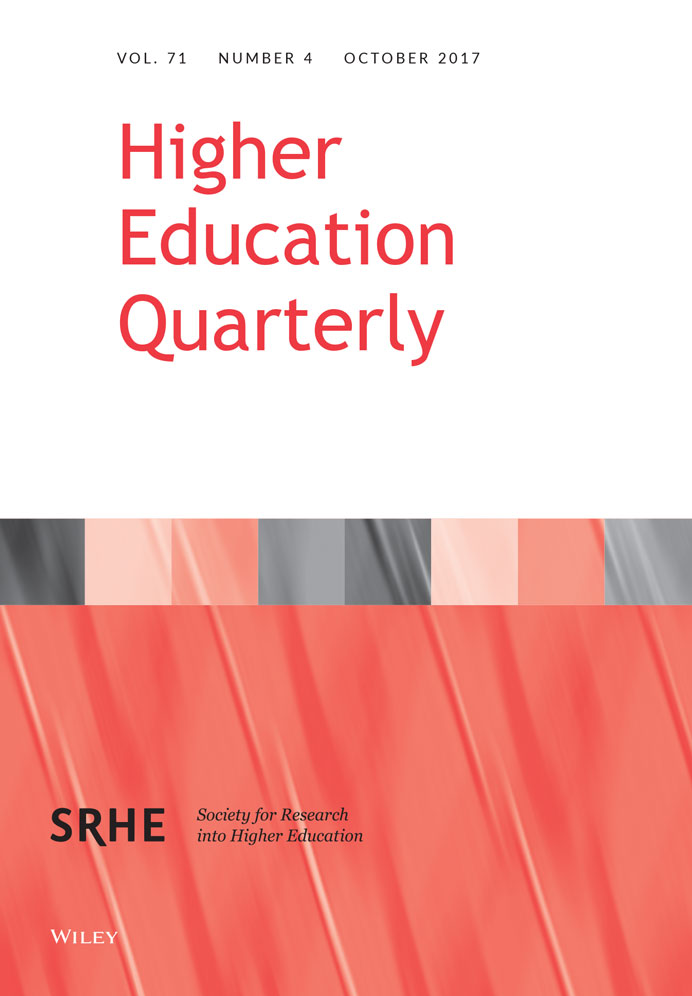The PhD conundrum in South African academia
Funding information: Australia–Africa Universities Network (AAUN)
Abstract
South African universities need more academics with PhDs, from historically disadvantaged population groups in particular, but they face a conundrum. In order to have more staff with PhDs, they need to produce more PhD graduates. But in order to produce more PhD graduates, they need more staff with PhDs to supervise. This article explores this conundrum by comparing academic qualifications with national policies and targets, by developing a quantitative profile of staff without PhDs and describing government and institutional measures to improve academic qualifications. An institution's supervisory capacity is found to be closely related to institutional history. Four main factors are identified: (a) whether or not the institution was originally established as a traditional university or as a technikon; (b) whether or not it was advantaged or disadvantaged under apartheid, which was closely related to the racial group for which it was established; (c) whether or not it was merged post 2004; and if so, (d) with what type of institution it was merged.




